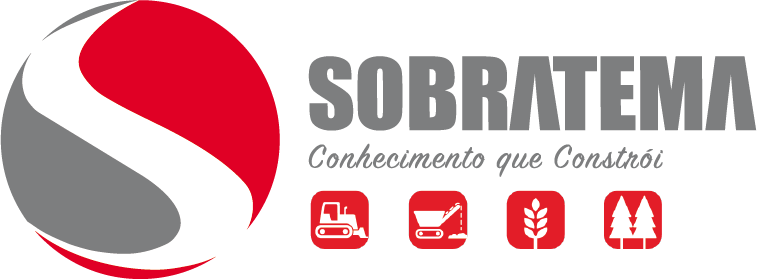Publicado em 03 de maio de 2013
ENR.COM - Hyundai Opens First Machinery Plant Outside Asia
Hyundai Opens First Machinery Plant Outside Asia
By Augusto Diniz/O Empreiteiro and Tudor Van Hampton/ENR
As anti-dumping duties remain high in Brazil, Hyundai Heavy Industries Ltd. has inaugurated its first plant there. The $175-million invesment is also Hyundai's first outside the Asian continent.
Opened last month and located in Itatiaia, the unit will produce 3,000 machines annually. By the end of 2014, the goal is to reach 4,000 units a year.
The site will be the base for the company’s operations inLatin America, with 40% of its production directed to the Brazilian market. The factory also will produce machines for other countries on the continent.
Production will be focused on wheel loaders, excavators and backhoe loaders. Next year, the company expects to produce container forklifts. The plant will create 500 jobs.
In spite of the global economy’s sluggishness, Choe Byeong-ku, president and COO of Hyundai's construction equipment division, is confident about the new plant's value. "The market has oscillations," he says. "We will overcome this phase.”
Hyundai’s goal is to reach $320 million in sales this year in Brazil, including imported machines. BMC, a dealer that represents the brand in Brazil, holds a 15% interest in the business.
Protectionist Policies
Work, especially in infrastructure, has been booming along with the steadily expanding earthmoving-equipment market in Brazil. However, the country's aggressive anti-dumping policies make it difficult for importers to compete with companies such as Hyundai, which are setting up plants in the region.
According to Sobratema, a Brazilian construction trade group, equipment buyers must pay up to 14% duties on imported machinery unless it is made in China, in which case the maximum duty rises to 35%. With sales and other local taxes, the cost of an imported machine in Brazil can exceed 65% of its original purchase price. The taxes are partly an anti-dumping measure as well as a tool to spur employment in the region.
"The government has a dilemma," admits Mário Humberto Marques, Sobratema vice president, who says the group does "not agree" with the policy. "Industry in Brazil has suffered a lot, and it still suffers in spite of those barriers. I believe that these measures will change soon."
However, some loopholes exist in Brazil's tax structure. For example, the high taxes apply only to machinery categories, such as excavators, which already are built locally. Contractors who can prove otherwise for certain machinery types, such as specialized units only made in other parts of the world, can receive a government waiver in 60 to 90 days and are subject to a lower, 2% import duty.
Financing is another import barrier. The government's loan program, called FINAME, is offered only for machines with at least 60% Brazil-made content, which is calculated by weight and volume, according to Sobratema.
"We will be closer to the consumer market,” says Felipe Cavalieri, CEO of BMC, Hyundai's Brazilian distributor. The new plant will enable buyers to get financing to buy machines with FINAME, he adds.
Earthmoving-machine sales in Brazil rose at a compound annual growth rate of 19.2%, to 33,550 units, between 2007 and 2013, according to Sobratema. Units are expected to reach 43,300 annually by 2017. Sales of all heavy equipment is expected to hit 76,080 units this year and rise to 111,000 units by 2017, growing at an annual rate of 10.3%
Hyundai Ramps Up
Construction of the new production unit, which occupies 560,000 sq ft of manufacturing space on a 6-million-sq-ft parcel of land, started in October 2011. The civil work and industrial assembly started in May 2012. At its peak, the work involved 500 workers.
Construction and industrial assembly were managed by Hyundai Amco, an engineering and construction unit of the Hyundai Group. Hyundai Amco was in charge of the construction of the new plant that produces Hyundai-branded cars in Piracicaba, a city in the state of São Paulo; the plant started production last year. Hyundai has another car plant in Anápolis, located in the state of Goiás; that plant is under license to a national company.
Hyundai says it has received orders worth $60 million for 500 pieces of equipment that will go to eight major projects in Brazil, including a hydroelectric powerplant and a railway.
Doosan, another large South Korean group, is opening a factory this month in Americana. Initially, the new $80-million plant will produce hydraulic excavators.

Av. Francisco Matarazzo, 404 Cj. 701/703 Água Branca - CEP 05001-000 São Paulo/SP
Telefone (11) 3662-4159
© Sobratema. A reprodução do conteúdo total ou parcial é autorizada, desde que citada a fonte. Política de privacidade


